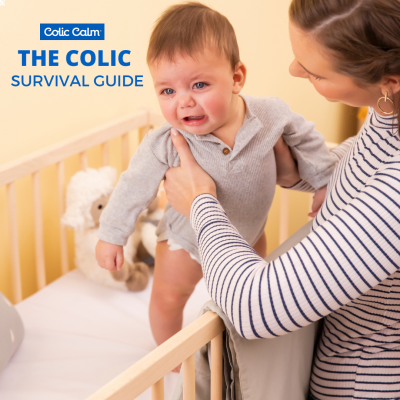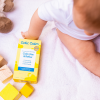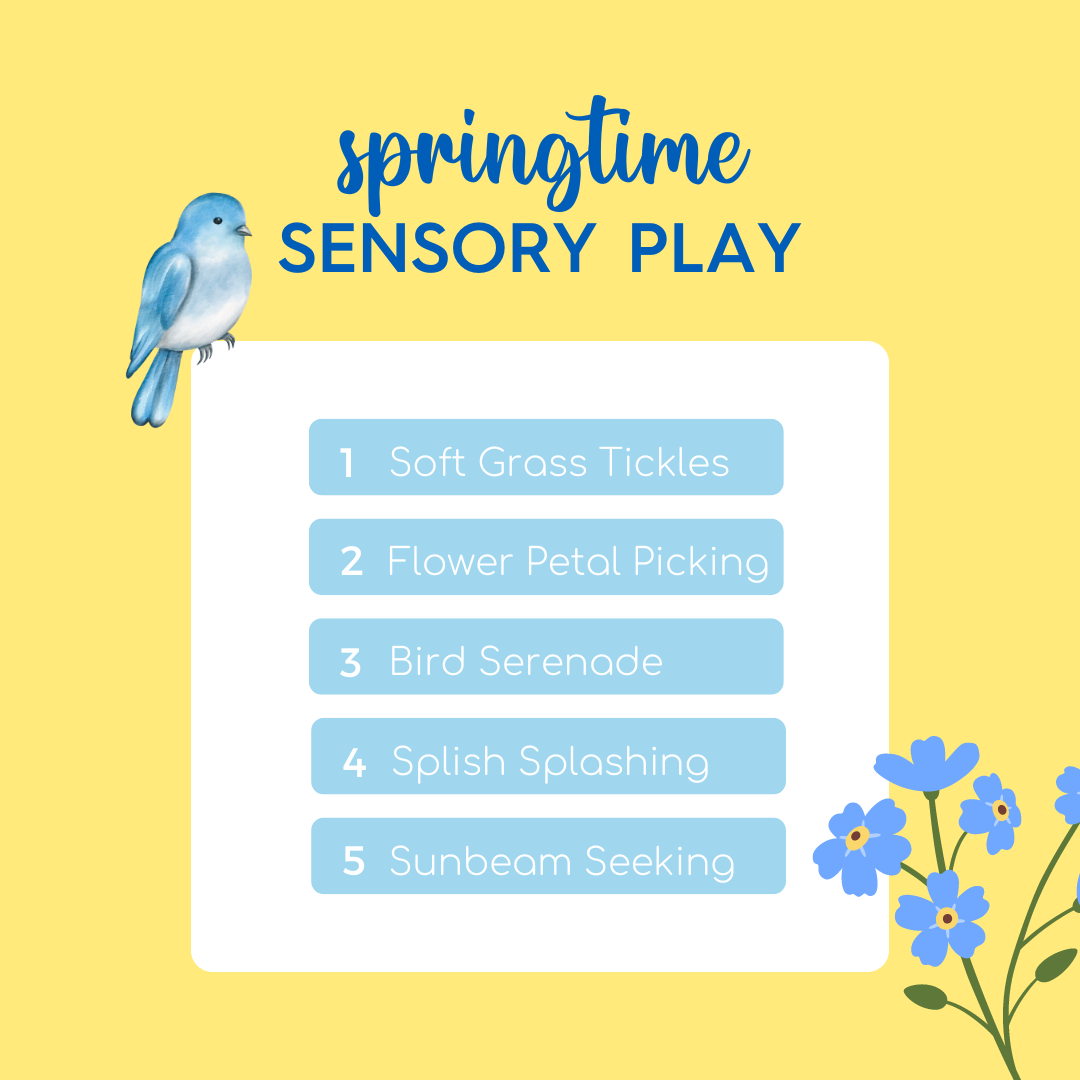Tips for Surviving Colic

Overwhelmed? Stressed? Feeling like your nerves are shot? These are all very normal feelings that new parents experience. Layer on a baby who is colicky, and the infant season can feel like there is no end in sight. The trenches of colic can be a confusing time. You’re wondering what is wrong with your baby? Are they eating enough or sleeping enough? When will the crying end? How do I make it better?
Surviving a colicky baby starts with first understanding what colic is and then what you can do about it. We’ve put together the following tips to help you through this season of colic:
What is Infant Colic?
Colic is defined as excessive crying or fussiness, usually in the late afternoon or early evening. It starts around 2 to 3 weeks of age and generally resolves itself by 12 weeks. Pediatricians typically use Wessel’s rule of 3’s criteria to define colic:
- Inconsolable crying for 3 hours per day
- At least 3 days a week
- For more than 3 weeks
One in four babies worldwide meet these criteria for a medical diagnosis of colic. This is helpful for discerning if your baby has colic but what about the actual nature of colic?
There are many theories as to what causes colic including the 4th trimester theory, immature digestive system, over-sensitivity to stimulation, gas, reflux, or hormones. Though the exact reason for “colic” has not been proven by scientific studies.
Tips for Managing Infant Colic?
There are many options to try for soothing a colicky baby. Each child is unique, so what works for one might not work for another. Some trial and error will ensue when finding what works best for your little one.
- Motion: a gentle rocking or vibrating can soothe an upset baby. Rocking your baby in your arms, a cradle, or a swing can stimulate soothing motion. Another idea is to take them for a car ride or if you have an exercise ball available to you, the bouncing motion is enjoyed by many infants.
- Gentle Massage: A gentle abdominal massage can help relieve your infant’s gas and bloating. It’s best to watch a tutorial video so that you don’t worsen the issue.
- Cuddling, Swaddling and Holding: Creating a warm and confined environment like the womb is one way to help calm your baby. Consider holding them close in your arms, swaddling them with a blanket or special swaddle, like the Halo Sleep Sack Swaddle.
- Gripe Water Alternative: Colic Calm® works quickly; usually within five minutes or less, providing safe and effective relief with no side effects. Many parents simply describe Colic Calm as the miracle solution for colic, gas and reflux.
- The Colic Hold: Using gravity, this gentle hold applies light pressure to your baby’s abdomen which may help expel gas and increase gut motility. You simply carry your baby face down with their tummy resting on your forearms, their legs straggling your elbow and chin resting in your hand.
- A Warm Bath: A warm bath may relax your baby, easing their discomfort. Consider adding a soothing eucalyptus or lavender bath oil or other baby-approved aromatherapy.
- Sound: While this might seem in contrast to helping colic (which may be cause by over stimulation), tapping into a white noise sound can be very soothing. By replicating the muffled noises of the womb, your little one might find comfort. Most mobile phones have white noise apps you can download, or you can invest in a white noise machine.
- Pacifier: Infants have a strong sucking instinct. A pacifier can be successful in reliving the irritability of a colicky baby due to it satisfying the need for oral gratification.
Colic is an extremely trying time for the whole family. You’re doing amazing. Give yourself and your baby grace during this time. It will pass and you will survive. If you’ve found something else that helps ease your little one’s discomfort, we’d love to hear from you! Drop us a line below.
 Canada
Canada South Africa
South Africa UK
UK EU & Int
EU & Int Ireland
Ireland Australia
Australia Brazil
Brazil New Zealand
New Zealand


















Comments